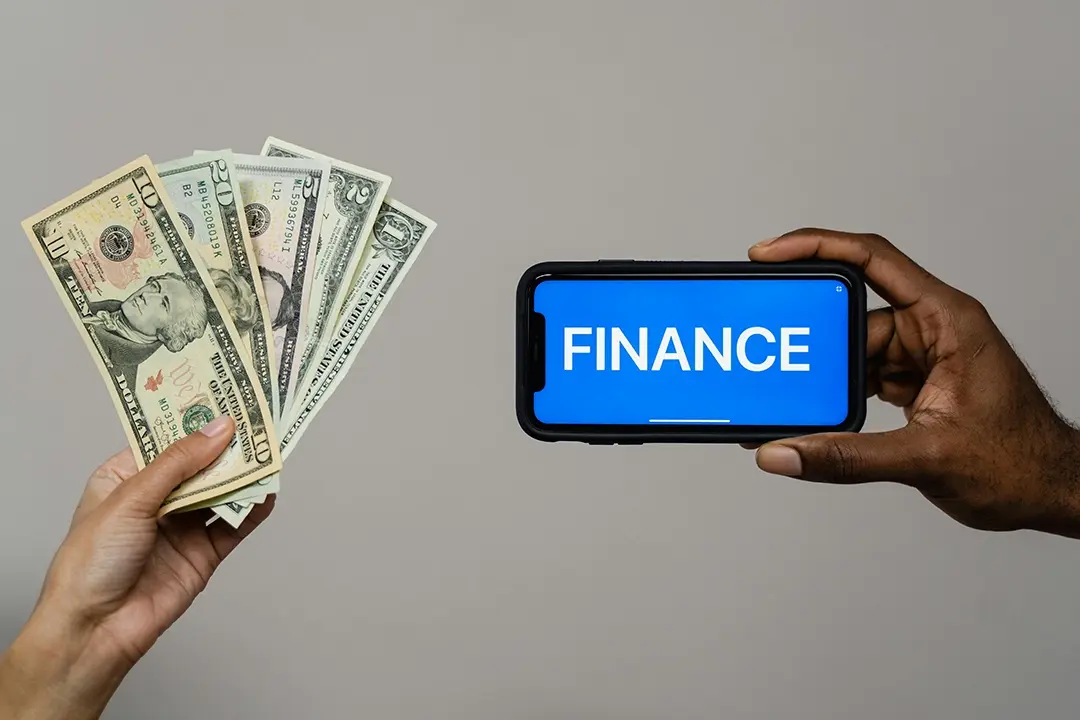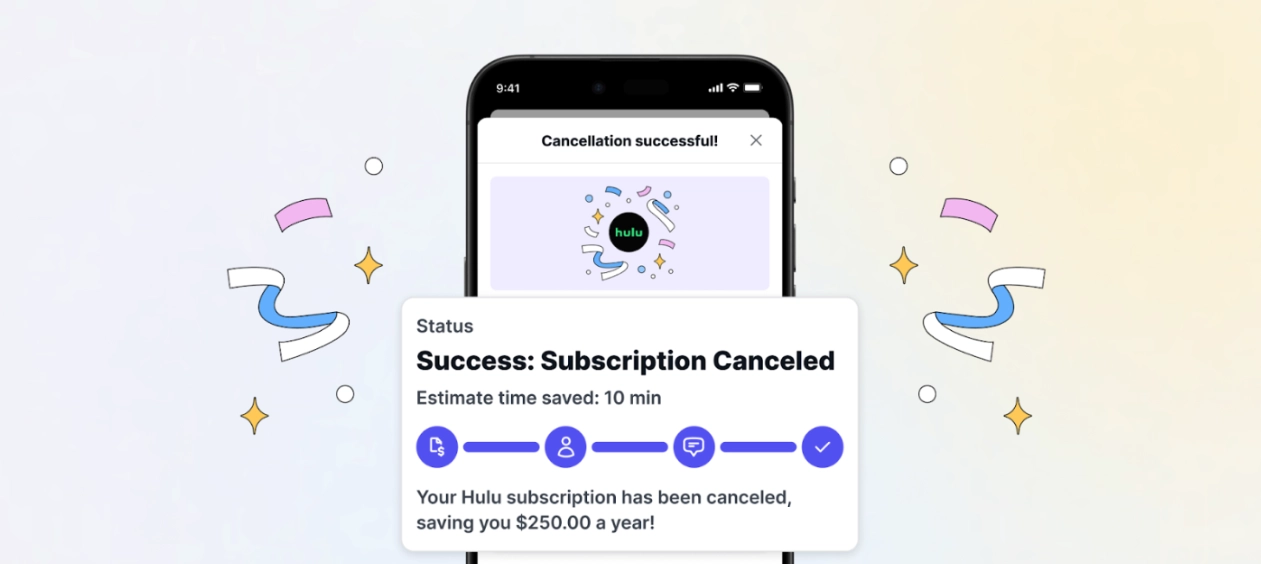
Kudos has partnered with CardRatings and Red Ventures for our coverage of credit card products. Kudos, CardRatings, and Red Ventures may receive a commission from card issuers. Kudos may receive commission from card issuers. Some of the card offers that appear on Kudos are from advertisers and may impact how and where card products appear on the site. Kudos tries to include as many card companies and offers as we are aware of, including offers from issuers that don't pay us, but we may not cover all card companies or all available card offers. You don't have to use our links, but we're grateful when you do!
Does a Delinquent Account Affect Your Credit Score?
July 1, 2025


Quick Answers
- Yes, a delinquent account will lower your credit score, as payment history is the most significant factor in credit calculations.
- The impact intensifies the longer an account remains unpaid, with 30, 60, and 90-day late markers causing progressively more damage.
- This negative information can legally remain on your credit report for up to seven years, affecting future credit applications.
What Is a Delinquent Account?
An account becomes delinquent when a borrower fails to make a required payment by its established due date. This status is triggered the moment a payment deadline is missed, as outlined in the terms of a credit agreement. This can apply to various financial obligations, including credit cards, mortgages, auto loans, or personal loans.
Lenders report past-due payments to the major credit bureaus, an action that typically occurs after an account is 30 days delinquent. This information is then added to a consumer's credit history, forming part of their official credit report. As a result, payment history is a significant factor in calculating a credit score, and delinquencies can lower it.
How a Delinquent Account Can Affect Your Credit Score
A delinquent account can significantly damage your credit score. The impact isn't immediate but unfolds in stages, with each step progressively lowering your score and signaling increased risk to future lenders.
- Initial Delinquency: Once a payment is 30 days past its due date, your creditor will typically report it to the three major credit bureaus. This is the first official mark of delinquency and will cause an initial drop in your credit score, as payment history is a primary scoring factor.
- Escalating Severity: If the account remains unpaid, the creditor will continue to report it as 60, 90, and 120 days late. With each new 30-day marker, the negative impact on your credit score deepens, signaling a pattern of financial instability.
- Charge-Off: After an extended period of non-payment, usually around 180 days, the original creditor may give up on collecting the debt and "charge it off." This is a severe negative entry on your credit report, indicating the lender has declared the debt a loss.
- Collections Account: Following a charge-off, the debt is often sold to a third-party collection agency. This can result in a new collection account appearing on your credit report, which further damages your score and remains for up to seven years.
How Much Will a Delinquent Account Affect Your Credit Score?
The exact drop in your credit score from a delinquent account can vary, as several key factors determine the severity of the impact.
- Severity of delinquency: How late your payment is matters significantly. A 30-day late payment has less impact than one that is 90 days or more past due, which can cause a major score drop.
- Your credit profile: A high credit score will see a more significant point drop than a lower one for the same delinquency. However, a strong history can help you recover more quickly once the issue is resolved.
- Account type and balance: The type of account and its balance also play a role. A late mortgage payment often carries more weight than a missed payment on a small retail card, for example.
How You Can Avoid a Delinquent Account Affecting Your Credit Score
Communicate With Your Creditor
Contact your lender as soon as you anticipate a late payment. Many are willing to discuss alternative arrangements, like a temporary forbearance or a modified payment plan, to help you stay current and avoid a negative report to the credit bureaus.
Request a Goodwill Adjustment
If a late payment has already been reported, you can write a goodwill letter to your creditor. Explain the circumstances behind the delinquency and ask them to remove the negative mark, especially if you have an otherwise strong payment history with them.
Negotiate a Pay-for-Delete
For accounts in collections, you can negotiate a pay-for-delete agreement. This involves paying the debt in exchange for the agency removing the account from your credit report. It is crucial to get this agreement in writing before you make any payment.
Ways to Improve Your Credit Score
Improving your credit score is an achievable goal that relies on consistent, positive financial behavior. With the right strategies, most people can see meaningful changes to their score in just three to six months.
Establish automatic bill payments. Your payment history is the most significant factor in your score, so setting up automatic payments or reminders is crucial to ensure you never miss a due date.
Reduce your credit utilization ratio. Aim to keep your credit utilization below 30% by paying down balances or requesting a credit limit increase on your existing cards.
Monitor your credit reports. Regularly check your reports from all three major bureaus for free at AnnualCreditReport.com to identify and dispute inaccuracies or signs of fraud.
Become an authorized user. Being added to a credit card account with a long history of on-time payments and low utilization can help boost your score.
Limit hard inquiries. Avoid applying for too much new credit at once, and use prequalification tools when shopping for loans to minimize the impact on your score.
Diversify your credit mix. Lenders like to see that you can responsibly manage different types of credit, such as revolving credit (credit cards) and installment loans (auto or personal loans).
The Bottom Line
Delinquent accounts are reported to credit bureaus and can lower your credit score. The severity of the impact depends on how overdue the payment is and the account's history.
Frequently Asked Questions
How long does a delinquent account stay on my credit report?
A delinquent account can remain on your credit report for up to seven years from the original delinquency date, even after you have paid it off.
Can paying off a delinquent account remove it from my credit report?
No, paying the account will not remove the negative history. However, it will update the account's status to "paid," which is viewed more favorably by lenders.
Will one late payment significantly drop my credit score?
Yes, a single late payment can cause a significant drop in your credit score, particularly if you have a high score and a previously clean payment history.
Unlock your extra benefits when you become a Kudos member

Turn your online shopping into even more rewards

Join over 400,000 members simplifying their finances

Editorial Disclosure: Opinions expressed here are those of Kudos alone, not those of any bank, credit card issuer, hotel, airline, or other entity. This content has not been reviewed, approved or otherwise endorsed by any of the entities included within the post.



































.webp)


.webp)





